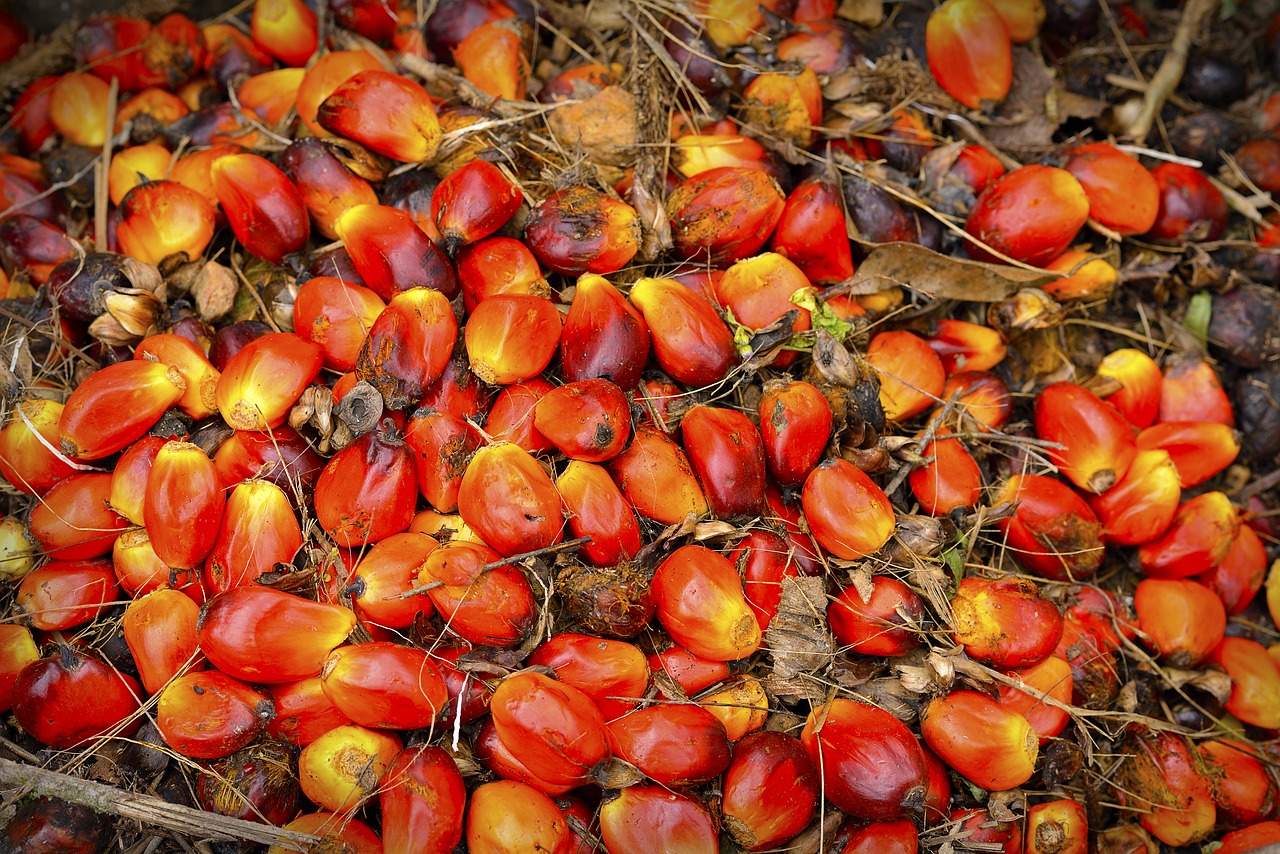The Federal Government’s renewed plan of outright ban of palm oil importation is receiving conflicting reactions from stakeholders in the industry.
While some consider it as a right step towards developing local production, other said it is ill timed, as it might translate to high cost of the commodity in the long run.
A fortnight ago, the Federal Government directed the Central Bank of Nigeria (CBN), to blacklist firms importing palm oil and 42 other items. With the directive, it is now an offence for any company or individual to import palm oil.
The CBN Governor, Mr. Godwin Emefiele, who disclosed this, explained that the new move will also focus on the massive production of 10 commodities: rice, maize, cassava, tomatoes, cotton, oil palm, pottery, fish, livestock and cocoa.
President, National Palm Oil Produce Association of Nigeria, Henry Olatujoye said the directive is obviously going to increase investment in the oil palm industry.
He said to some extent, it will bring the much-needed solution to the industry, but cautioned that it will largely depend on implementation and attitude towards the policy.
Read Also: Nigerian youths’ strategies to revolutionise agriculture
“To successfully achieve this, serious efforts should be directed to the borders where thousands of tons of Olein and Crude Pam Oil are entering Nigeria. Blacklisting smugglers is one thing, controlling the borders in another thing. If the borders are not controlled, the policy will not succeed. The success of the policy is directly proportional to the manning of the borders. Apart from this, the CBN should ensure that price is controlled as we implement the policy, else it might go out of hand and further bring hyper-inflation to the sector.
Managing Director, Dangote Tomato Processing Factory, Kano, Abdulkarim Kaita, described the directive as a good move, the only way the economy can grow and bring enough food to the table.

